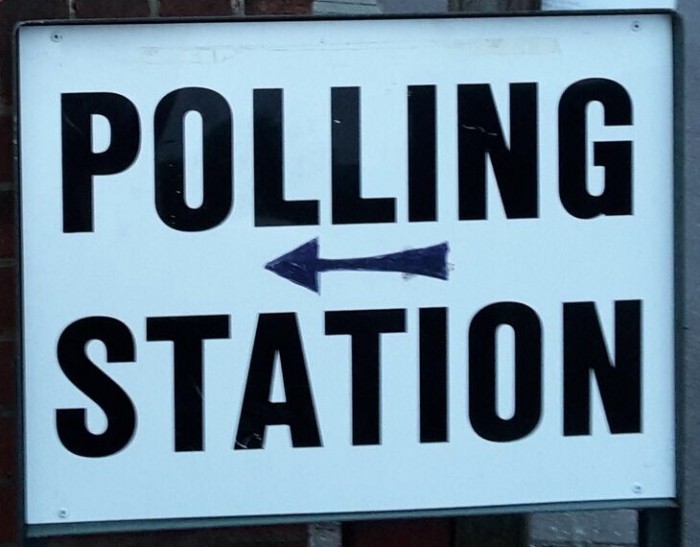15th September 2015
Everyday Democracy


15 September is the International Day of Democracy. Democracy is of course too important to think about only once a year – everyone should have a fair say in how their lives are governed. But for anyone who has grown up in an established democracy, it is easy to take for granted the right to choose who should govern your country. So it’s no bad thing to have a calendar reminder to count our blessings.
Westminster parliamentary democracy has travelled a long and winding road since Magna Carta began the journey towards our modern expression of democratic will in 1215. It took civil war in 17th century England to establish the primacy of parliament, major 19th century political and social reform to bring universal suffrage for men and, arguably, the First World War to deliver votes for women.
The UK parliamentary system preserves some well known traditions. The adversarial debates across the floor of the House of Commons are known worldwide. This May for the first time I watched the General Election count at my local Town Hall in time honoured fashion: thousands of hand marked slips of paper were tipped from ballot boxes onto wooden tables then sorted through the night (by hand) as the weary candidates looked on.
Tradition notwithstanding, British democracy is a living system which continues to evolve (eg devolution of power to Scotland, Wales and Northern Ireland) and spark fierce debate (eg on reform of the House of Lords or our ‘first past the post’ electoral system). We talk too about the nature of our democracy: recent party leadership contests generated debate about the relationship between electors and elected, and political idealism versus pragmatism.
Whatever the national system, genuinely democratic elections have in common principles of universality, political pluralism, confidence, transparency and accountability.
The fall of the Iron Curtain restored democratic choice to millions of Europeans, including in Poland. Next week I will be in Warsaw for Europe’s largest human rights meeting, the OSCE Human Dimension Implementation Meeting run by the Warsaw based Office for Democratic Institutions and Human Rights (ODIHR). ODHIR has built up a strong reputation for independent, professional election assessments. We can all learn from their recommendations. (I hope Azerbaijan will rethink restrictions that led to ODHIR last week cancelling plans to observe elections there.)
So, back to 15 September. Democratic legitimacy goes hand in hand with respect for the rules based system that is the best means we have of working for international peace and security. A popular British animal welfare charity campaigns with the slogan: ‘A dog is for life, not just for Christmas’. The same might be said of democracy: let’s make every day a Day of Democracy.